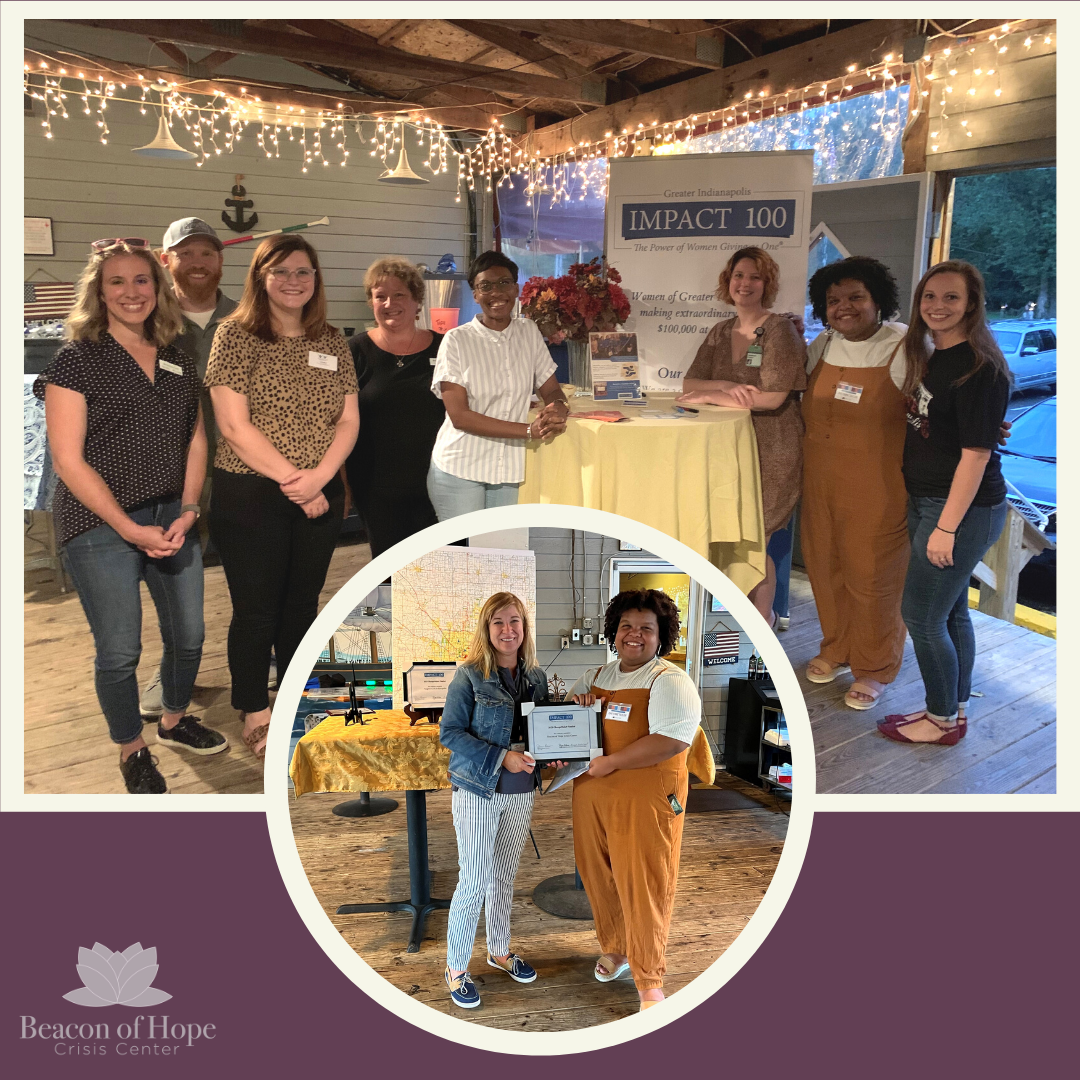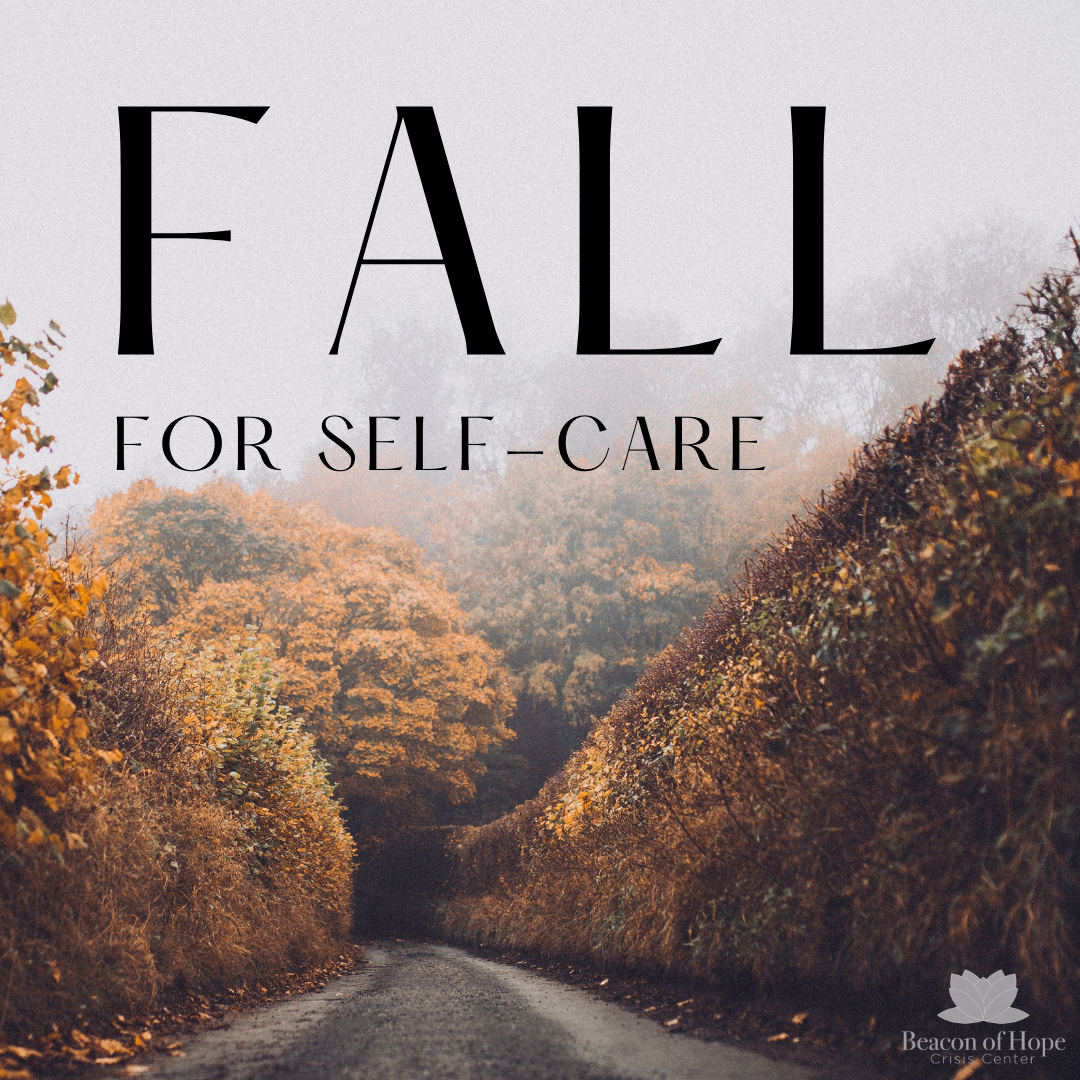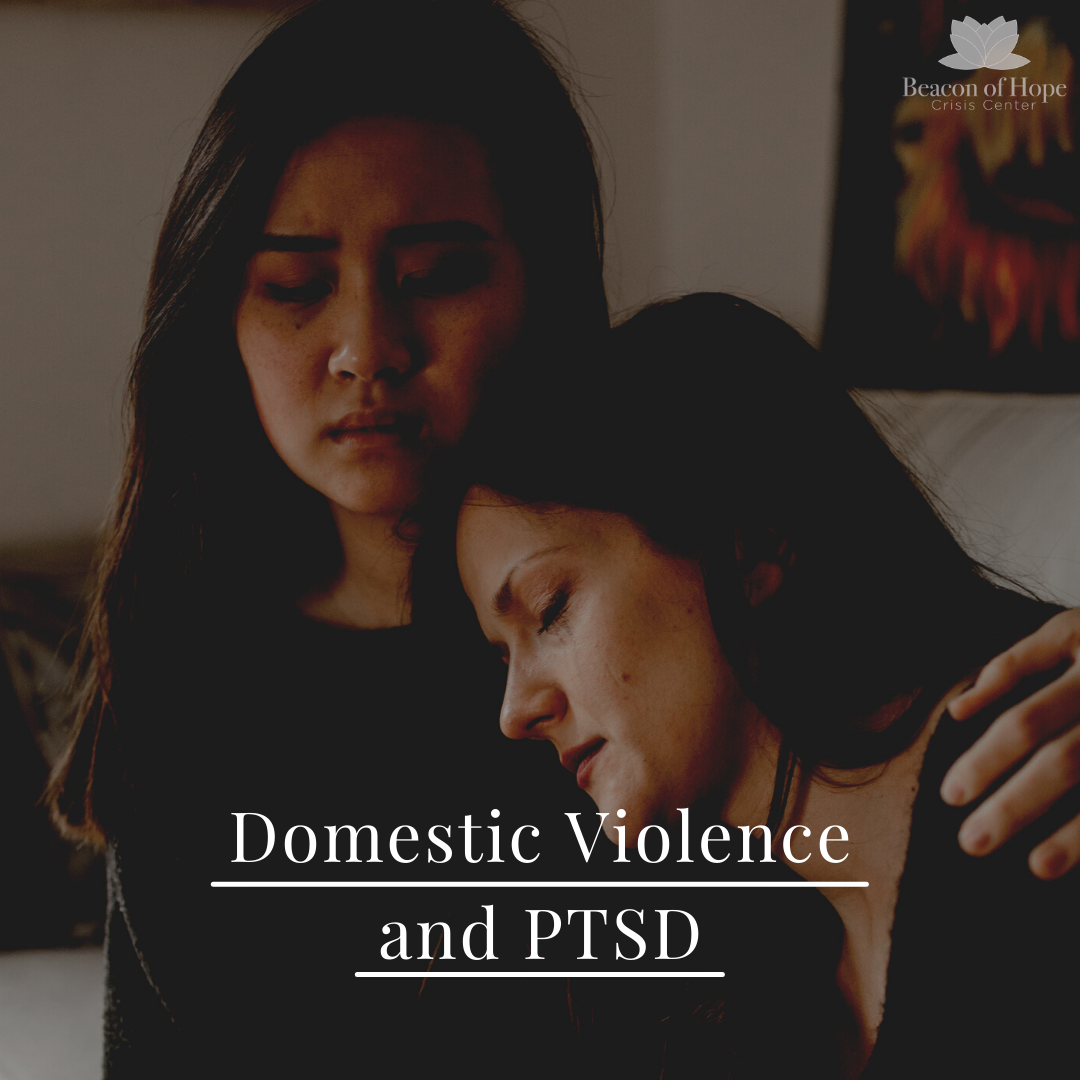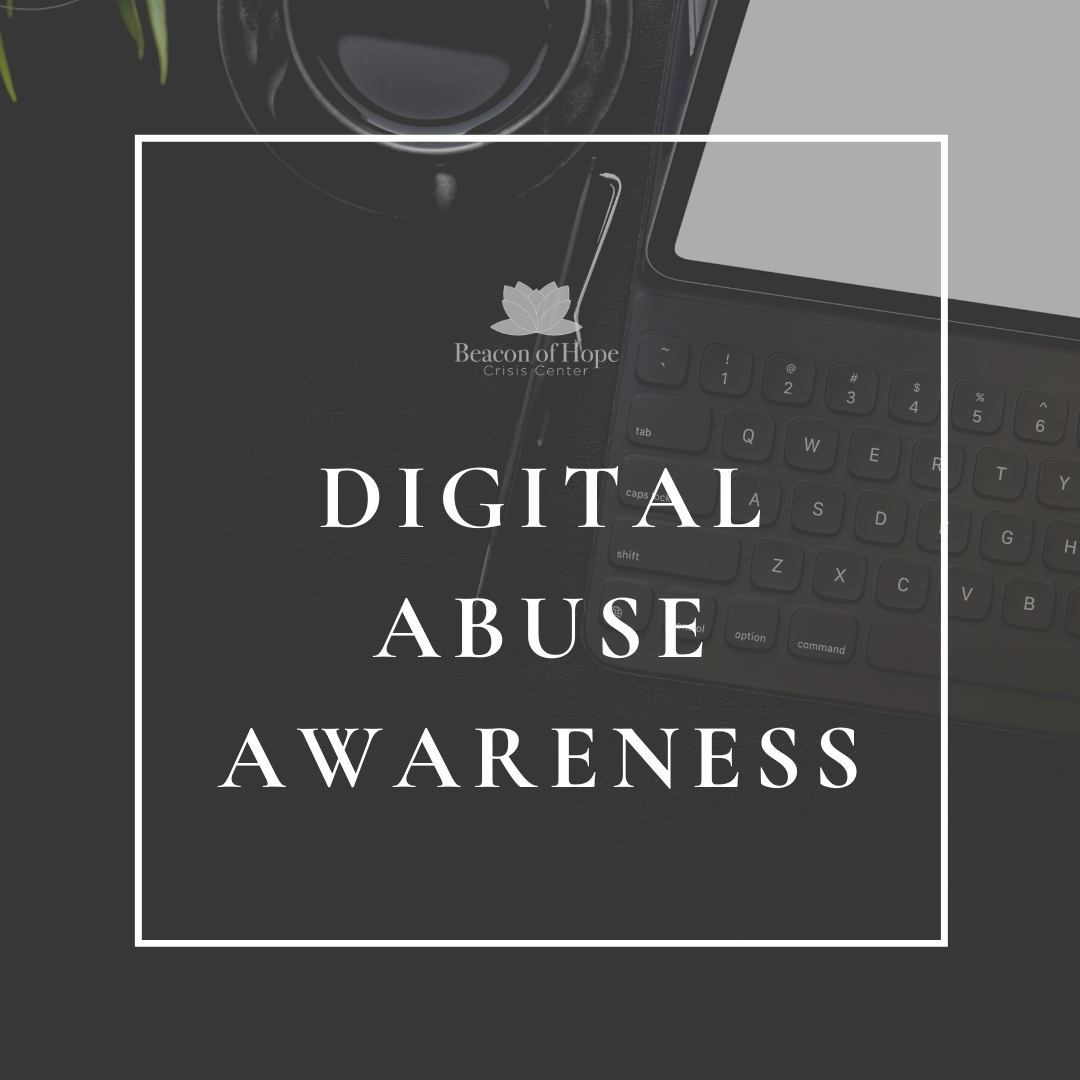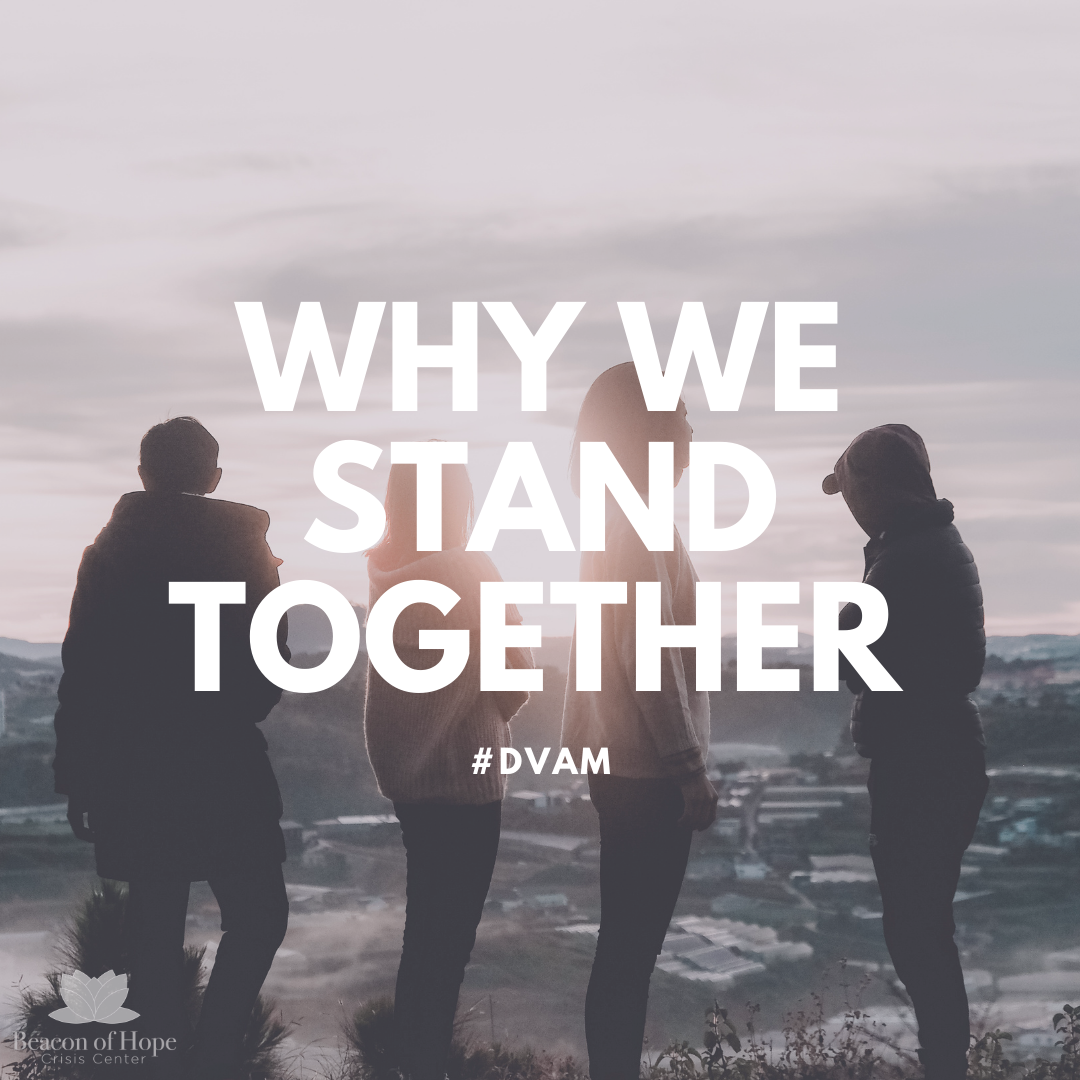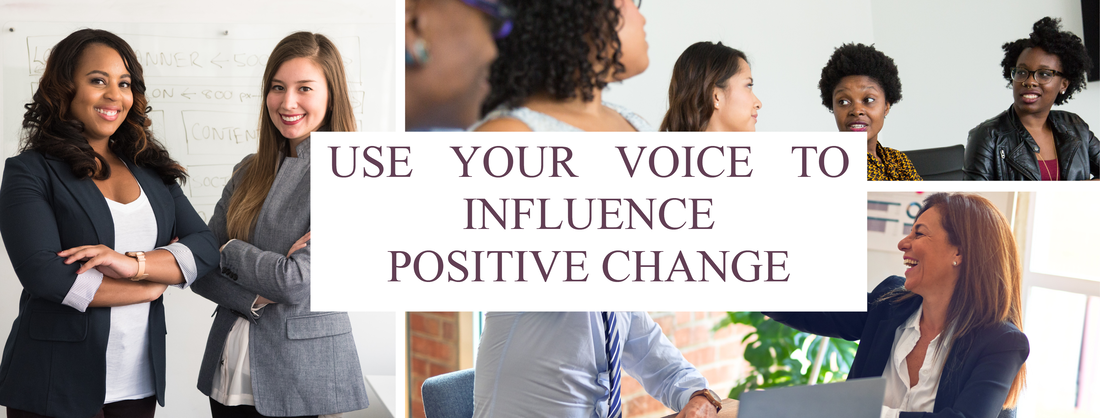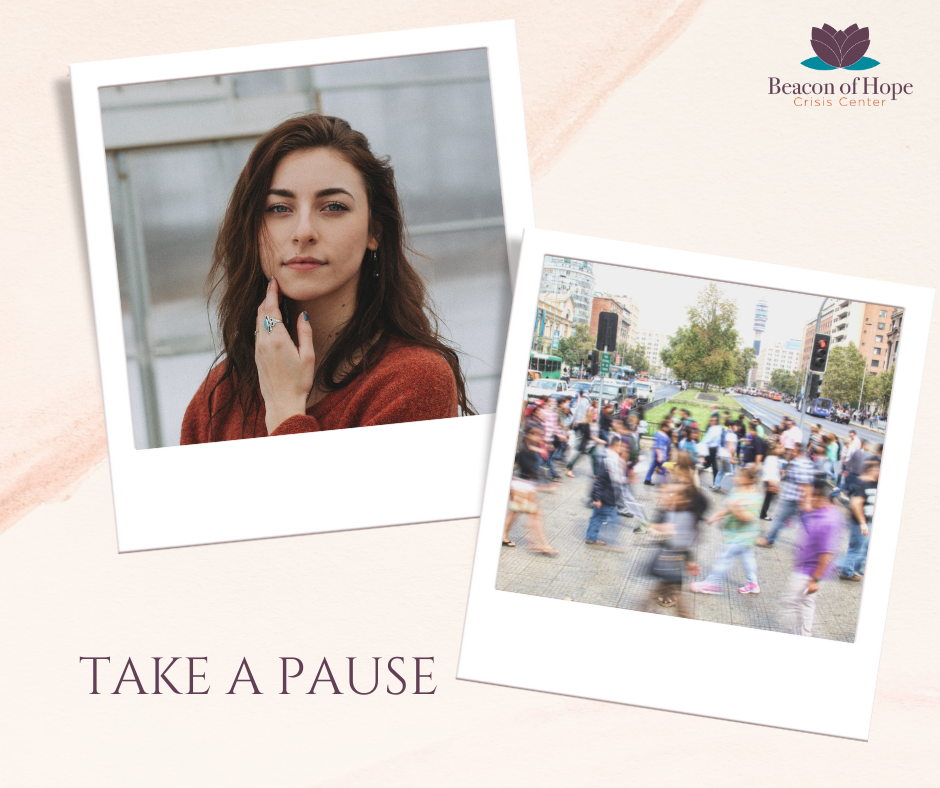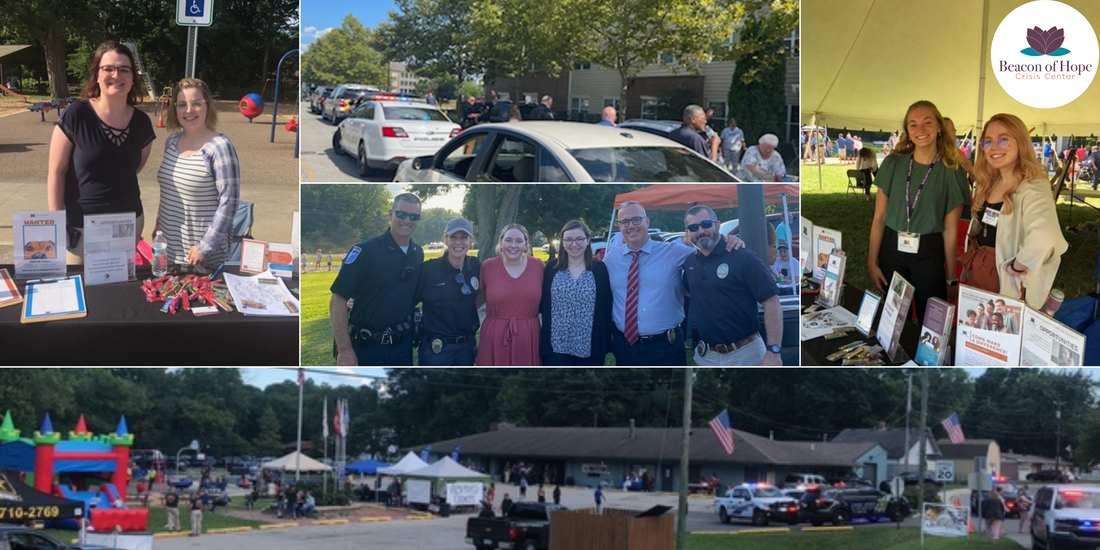|
By: Cheyenne Taylor This past Thursday, we were given the opportunity to celebrate being selected as a finalist by the remarkable women of Impact 100 Indy. Our agency is so fortunate to have been a part of this experience. We were chosen out of many great organizations to be a finalist for the Impact 100 Change Maker Grant.
At Impact 100 Indy’s Rock the Boat event, we were able to hear about the other amazing organizations that were selected as finalists and from the grand prize winner of the grant, Neighborlink Indianapolis, and learn more about the Impact 100 Indy organization and their impact on our communities. To be in a room with so many people looking to make a positive impact on our community has left us in awe. We were also pleasantly surprised with a certificate as a finalist and were given the opportunity to share how we have been able to save even more pet and human lives thanks to Impact 100’s award to our agency. Thank you to the other finalists and the winner for inspiring us to continue in our endeavors and for being the change we wish to see in the world. Thank you, Impact 100, for giving us all the space to share our passions, our visions and positively impact our communities. With an organization like Impact 100 Indy in our community, we know that so many people’s lives will improve and so many lives will be positively impacted due to their work. We are grateful to be one of many organizations that have felt that positive impact. By: Cheyenne Taylor Purple Thursday is a cardinal day in Domestic Violence Awareness Month. Today we wear purple to help spread awareness about domestic violence and the free services available to survivors. By wearing purple, we stand in solidarity with victims of domestic violence. We are encouraging everyone to participate and help raise awareness! Post a photo wearing purple on October 21st and add #PurpleThurday to spread awareness and to show your support. Together we can show survivors they are not alone.
By: Kaylee Kriese In the spirit of the cooler weather and the oncoming holiday season, we want to encourage everyone to practice some much-needed self-care. If you’re not feeling excited about self-care, this is for you. Oftentimes, the people who are opposed to the concept of self-care need it the most. We get it; you’re busy. Between the days getting shorter and your list of to-dos getting longer, we know that it’s all too easy not to schedule a time to take a moment and breathe. Below you will find some fall-themed self-care ideas just for you!
There are a million ways to practice self-care, especially in 2021; find what works for you. Some days, it will feel impossible to take even five minutes for yourself. Despite all this, keep pushing forward and working towards your goals. We know it’s hard to put yourself first but take the time to set some boundaries. Enjoy the coffee, put on a sweater, and maybe even do some deep breathing. We promise you’ll feel better for it. By: Kaylee Kriese Complex PTSD is a condition that survivors of abuse might experience as they heal and recover from trauma. It is defined by the National Domestic Violence Hotline as “layers of psychological, emotional, verbal or physical abuse [that] compound, never allowing the mind to catch a break to properly process and heal the trauma from one traumatic event before there is another.”[1] This often happens with domestic violence victims because, as we’ve seen time and time again, abuse is often a repeated offense.
Those who are actively experiencing complex PTSD may respond to triggers of abuse in various ways, from ignoring the problem to becoming irritable without knowing why. They may even experience dissociation, panic attacks, all-consuming flashbacks, nightmares, or hypervigilance.[1] Beacon of Hope Crisis Center has focused much of our attention on helping survivors address these issues. We offer counseling and referrals for mental health needs. Speaking with a trained professional can truly make a difference in the healing process. We also encourage caring for your physical and mental needs. Our blog explores a variety of ways to practice self-care. Be kind to yourself. Unlock your creativity. Accept and acknowledge your feelings. The list goes on. While these are critical steps one must take in healing, we know that when you hear the same thing said in the same way too much, it gets repetitive. It loses its meaning. So, this October, we want to remind anyone reading this that we know your story is unique to you alone, and no one can understand what you’ve been through better than you. Still, we are here to help you through any trauma you may be experiencing, especially as topics of domestic violence surface to the forefront of our minds on social media this month. We’ve said it time and time again: healing is not one-size-fits-all. Healing is an individualistic process that takes time and effort, and it doesn’t start with us; it starts with you. At Beacon of Hope Crisis Center, we work alongside you to create a personalized map to understanding and working through feelings of self-doubt, anger, resentment, hopelessness, and heartbreak. If you or a loved one are seeking help, take the first step and call our confidential crisis line at (317) 731-6140 today. If you are in immediate danger, please call 9-1-1. [1] https://www.thehotline.org/resources/breaking-free-from-ptsd/ By: Lauren Frederick While technology offers us a unique way to connect with our friends and family, it can also be used by abusers to maintain power and control. This is recognized as digital abuse and is a form of abuse that is often perpetrated online or with the use of electronic devices such as cell phones, tablets, computers, security systems, etc.
What exactly is digital abuse? According to the National Domestic Violence Hotline, “digital abuse is the use of technology and the Internet to bully, harass, stalk, intimidate, or control a partner.” They also describe it as “a form of verbal or emotional abuse conducted online.” This can be conducted on any social media platform and through texts, calls, and emails. It can envelop your life as digital abuse gives abusers a platform to conduct abuse any time of the day, especially when considering the fact that 79% of Americans spend an average of more than three hours on their phone daily. What does digital abuse look like? Digital abuse comes in many forms. It can include limiting or monitoring a victim’s online activity, including who they follow, message, the posts and content they engage with, and location tracking. It can also involve unwanted messages or posts that are “negative, insulting, or threatening.” Threats might also be made online where the abuser is “sending, requesting, or pressuring you to send unwanted explicit photos,” videos, or sexts. This can lead to blackmailing, which is meant to harm a victim’s reputation, employment options, etc. In some cases, the abuser will create fake social media profiles to impersonate or harass a victim. Another aspect of digital abuse is cyberstalking, a form of stalking in which the abuser uses electronic devices, online activity, and location monitoring to make a victim feel fearful. Abusers might find information about location on apps like Snapchat or “Find My Phone.” They can also find this information through apps with poor security, GPS trackers, cameras, speakers, microphones, and spyware. This behavior is threatening and can make a victim feel like there is no escape. Cyberstalking is intrusive and can impact every area of a victim’s life. What should I do if I am experiencing digital abuse? One of the first steps you should take when experiencing digital abuse is securing all your social media accounts by changing your passwords and utilizing two-factor authorization. Next, investigate your settings and clean up the clutter. You can turn off location sharing on your device, disable Bluetooth when you are not using it, and delete any apps or programs that are not being used. To learn more, speak with a Victim Advocate to complete a personalized safety plan. If you or someone you know is experiencing digital abuse and you would like to talk to an advocate at Beacon of Hope Crisis Center, call our free and confidential crisis line at (317) 731-6140. If you are in immediate danger, please call 911. By: Kaylee Kriese If you’ve been on social media lately, we are hopeful that you have seen plenty of posts about Domestic Violence Awareness Month. Perhaps you’ve been acquainted with domestic violence before. Many people have. In general, if you or a loved one haven’t experienced abuse in a relationship, you know someone who has.
There’s a reason you see #WeStandTogether on our social media so often. For us, it’s more than a hashtag. It continues to exceed beyond a trend or another social media bandwagon to hop onto. For survivors, abuse is incredibly isolating. It leaves them feeling separated from their loved ones and spiraling in guilt, fear, and self-hatred. One of the most common tactics of abusers is to perpetuate the “us vs. them” fallacy, and for a while, it may feel to the victims that their abusers are the only person they have for companionship. Even so, we know that in toxic relationships, this feeling never lasts. Victims of abuse are somehow always the ones left feeling powerless, wanting, and alone. When our advocates champion #WeStandTogether, it is because we never want survivors to feel alone. Our goal is that from this point on, you will forever know that you have a team offering support without judgement. With the dedication of the entire month to domestic violence awareness, we hope that this is especially apparent, not just from our advocates but from other nonprofits, groups, or individuals out there who stand with survivors. Today, on Purple Thursday, we wear purple, a color of peace, courage, survival, and honor, as one unified front.[1] We post because we know that only when we stand together can we all work to help survivors break free from the grip of domestic violence. With the help of our community, we will continue to save lives. Thank you to everyone who stands as an ally to survivors. [1]https://mmcenter.org/stay-informed/domestic-violence-awareness-month#:~:text=The%20color%20purple%20is%20a,end%20the%20cycle%20of%20violence. By: Savannah Tipton The Board supports the work of Beacon of Hope Crisis Center and provides mission-based leadership and strategic governance. Each board member also makes annual personal donations, helps bring additional funding from outside donors and supports various fundraising events. We would love to add powerhouse fundraisers, HR experts, and individuals with experiences in financial governance. If you believe in the mission and vision of Beacon of Hope Crisis Center and would like to contribute your skills and talents to the growth of our agency, we have a chair for you on our Board of Directors. What's involved in being a board member?
Benefits of Being a Board Member
By: Savannah Tipton Survivors are facing increased risks due to the pandemic and needs are on the rise. We need financial contributions now more than ever. According to the Substance Abuse and Mental Health Services Administration, “COVID-19 has caused major economic devastation, disconnected many from community resources and support systems, and created widespread uncertainty and panic. Such conditions may stimulate violence in families where it didn’t exist before and worsen situations in homes where mistreatment and violence has been a problem.” We are seeing more people face financial hardships, housing insecurity, and challenges with their mental health. Victim Advocates connect survivors and their families to life-saving services in a variety of ways. Every day, advocates are working with victims on safety planning, protective order filing, victim rights education, housing searches, employment readiness, and so much more. Anyone can be impacted by domestic violence or sexual assault. It’s important we show survivors that they are not alone in their journey to healing and self-sufficiency. Whether a trauma occurred in the last week or years ago, survivors reach out to us for help finding resources and support. We also must acknowledge that COVID-19 has left many victims trapped in homes with their abusers. “And as the pandemic has dragged on, so too has the abuse. Just as the disease continues to claim more lives, quarantine-linked domestic violence is claiming more victims—and not just women in heterosexual relationships. Intimate partner violence occurs in same-sex couples at rates equal to or even higher than the rates in opposite sex partners (1).” Limited interactions with the outside world can make victims feel trapped in a vicious cycle of abuse. Free resources and confidential support are available. We want victims to know there is a safe way out. Victims of sexual assault are also at a heightened risk. According to RAINN, 8 out of 10 rapes are committed by someone known to the victim (2). This means sexual assault victims might be forced to see their rapist regularly. That alone might make them fearful of reporting the crime or seeking help. Victim Advocates are available to listen, offer support, and answer questions. They can also provide victims accompaniment to hospitals, courts, and law enforcement interviews. If you have ever considered giving, now is the time to act. Survivors need the community to come together. Your donations provide victims with essential items when they flee, emergency transportation to shelter, help relocating or maintaining safe housing after abuse, and other emergency needs. Your donation will have positive impact on people in your community. Speak with a victim advocate by calling our confidential crisis line at (317) 731-6140. You can also reach us through social media messaging or our contact us page. If you are in immediate danger, please call 9-1-1. By: Savannah Tipton We all know someone who has experienced domestic violence, but we may not know who that is in our lives. Survivors walk among us and are often people we are close with including friends, family, and coworkers. It’s difficult to accept this reality but essential to raise awareness that anyone can be impacted by domestic violence. According to the National Coalition Against Domestic Violence, “1 in 3 women and 1 in 4 men have experienced some form of physical violence by an intimate partner.” However, domestic violence is not limited to physical abuse. Other types of abuse include emotional, psychological, spiritual, financial, sexual, and digital. Domestic violence happens daily, and survivors often feel silenced and alone. We want all survivors to know that free and confidential resources are available.
We can all act as an ally to survivors by educating ourselves about domestic violence warning signs and red flags. If you identify warning signs or red flags of domestic violence in your network or your own life, reach out to a local domestic violence agency to discuss next steps and the resources available to you. Talking about domestic violence saves lives. It’s important that we speak up when something does not feel right. Warning Signs of Domestic Violence
Perpetrators of domestic violence are often likable and charismatic. There is no single description for all abusers. They are not always lurking in the shadows or threatening to the outside world as movies might portray. Many abusers get along well socially at work and in their personal lives. Their behavior typically shifts behind closed doors when they are alone with the victim. Most abusers are only violent with their current or past intimate partners (1). They are also extremely manipulative. This includes minimizing the seriousness of the violence, blaming others for their abusive behavior, and breaking down the victim’s self-confidence. Abusers can threaten a victim directly and indirectly including threats of homicide and suicide. Threats and acts of violence are used to take control over the victim. Threats are often made towards friends, family members, children, and pets. A victim might stay in a dangerous situation out of fear for themselves or those they love. “Abusers repeatedly go to extremes to prevent the victim from leaving. In fact, leaving an abuser is the most dangerous time for a victim of domestic violence (2).” Red flags of an Abuser (1)
At Beacon of Hope Crisis Center, we are committed to breaking the cycle while empowering victims and survivors to take back their life. From providing emotional support to safety planning, let us be your advocate. For more information, contact our Confidential Crisis Line: (317) 731-6140. If you are in a life-threatening situation, call 9-1-1 immediately. SOURCE: By: Savannah Tipton This year's National Night Out events were a success, with lots of fun activities, experiences, and great company! It was great to see everyone relax and have fun. There was a variety of information and organizations present at each location. Some of the highlights included delicious food, snow cones, bounce houses, mini ponies, face paintings, caricatures, and so much more! Thank you to our law enforcement partners for organizing these wonderful opportunities for agencies, law enforcement, firefighters, and the community to come together.
It was lovely to see everyone present and enjoy each other's company on a beautiful summer day. We want to thank all officers for showing up to participate and creating new connections. We are so grateful that we had the opportunity to share information about our agency, our services, and show our support for our law enforcement partners. We had a fantastic time at National Night Out and cannot wait to attend again next year. -Beacon of Hope Crisis Center Team |
|
CAREER opportunities © 2025 Beacon of Hope Crisis Center Privacy Policy Accessibility Statement Board Portal Login |

